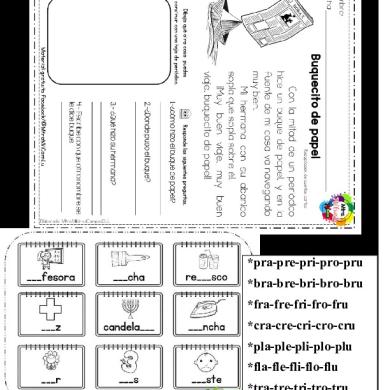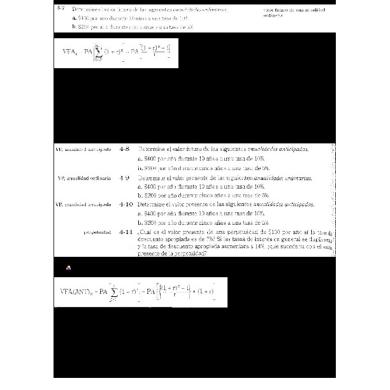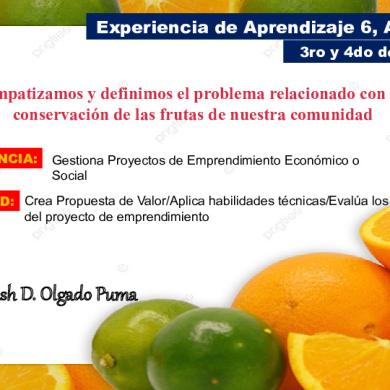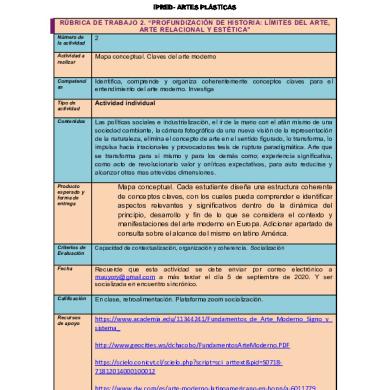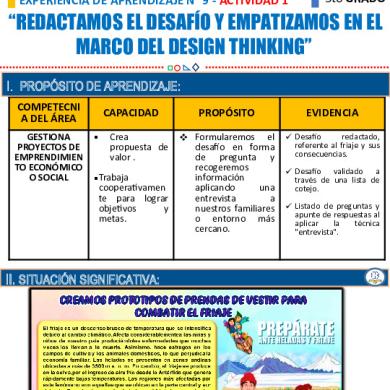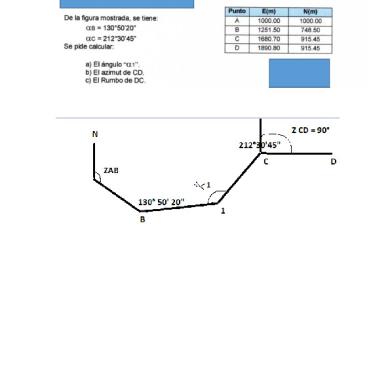* The preview only shows a few pages of manuals at random. You can get the complete content by filling out the form below.
Description
ACTIVITY 10 OLVAL02
1. Explain Eudaimonia in your own words in 10 to 20 sentences. There are a million different ways to define happiness. Especially in the field of psychology, where operational definitions are a constant work in progress. Eudaimonia is not only one of the oldest, but it has stood the test of time for another reason. That reason being, eudaimonia has the whole element of subjectivity built into it. It’s simultaneously both less and more prescriptive and dives quite deeply into the ideas of virtues and virtue ethics. In this article, we’ll look at Aristotle’s definition of Eudaimonia and its significant influence on the way ‘happiness’ and ‘well-being’ are viewed in positive psychology. Most significantly, through its implications for subjective well-being. Eudaimonia, also spelled eudaimonia, in Aristotelian ethics, the condition of human flourishing or of living well. The conventional English translation of the ancient Greek term, “happiness,” is unfortunate because eudaimonia, as Aristotle and most other ancient philosophers understood it, does not consist of a state of mind or a feeling of pleasure or contentment, as “happiness” (as it is commonly used) implies. For Aristotle, eudaimonia is the highest human good, the only human good that is desirable for its own sake (as an end in itself) rather than for the sake of something else (as a means toward some other end). 2. Kindly explain your thought about aristotle’s virtue ethics. Virtue ethics is a philosophy developed by Aristotle and other ancient Greeks. It is the quest to understand and live a life of moral character. ... According to Aristotle, by honing virtuous habits, people will likely make the right choice when faced with ethical challenges. Virtue ethics is a broad term for theories that emphasize the role of character and virtue in moral philosophy rather than either doing one’s duty or acting in order to bring about good consequences. A virtue ethicist is likely to give you this kind of moral advice: “Act as a virtuous person would act in your situation.” 3. Make a poster showing “One become a better person”.
4. Write then describe your physical environment and your responsibilities as human as a part of that environment. Our environment means our physical surroundings and the characteristics of the place in which we live. It also refers to the wider natural world of land, sea and atmosphere. Humans have been interacting with their environment since people first walked the Earth. For example, humans have been cutting down forests to clear land to grow crops for centuries and by doing so we have altered the environment. Conversely, the environment affects us in many different ways as well. A simple example is the way we change our clothes in response to cold or hot weather. In this section we will introduce some of the ways in which humans influence their environment and how the environment influences us, both positively and negatively. A good climate, accessible clean water, fertile soil, etc. are aspects of the physical environment that enable people to live and thrive. However, harsh environments, such as a very hot climate, limited water and infertile land, make it more difficult for people to survive. 5. Is your institution is society-oriented? Or has virtues such as justice, liberality, magnificence, friendliness, and rightful indignation? Please explain. Aristotle’s virtue ethics prescribes mesotes as the guide to all the actions that a person has to take, even her dealing with the larger community of people. Virtues such as justice, liberality, magnificence, friendliness, and rightful indignation suggest that they are socially-oriented Aristotelian virtues. A person ought to be guided by them in her dealings with either the local or the wider global society. We have seen here how each of the four ethical frameworks we have covered can be used as a fecund starting point for thinking through what a person’s moral responsibility is toward herself, her close relations, her fellow members in society, and her fellow human beings in global society. 6. What are your plans to the humanity? Do you have any? I think, first the meaning of purpose should be defined. Because Humanity is a system, and persons are systems too, but persons act mainly following conscious purpose, oriented to satisfy needs, while humanity activities are the result of interactions of individuals, and purpose cannot be understood in the same way; persons can think on what could be the purpose of Humanity, how its parts can interact in a more rational, useful (for persons) way, but by itself, Humanity doesn't have a conscious purpose. 7. Base on your readings in this chapter. Kindly explain to us what are your perceptions now in the 21 st century individuals? The constellation of learner characteristics that equips students to enjoy a high quality of life, work, and relationships by being resilient, intentional, creative, and confident learners who understand the value of collaboration and the relationship between effort and results is known as 21st century learning. These environmental challenges are at the interface of science and policy-making. As much as some decision-makers may want to deny it, there is an objective reality to environmental characteristics and processes that can be measured and monitored with the tools of science. Science can determine past and present impacts, and increasingly can predict and model future consequences. Action can be postponed, generally increasing the costs and negative consequences over time, but it cannot be avoided. Fortunately, new information technologies that make data and knowledge widely available also strengthen our ability to use that knowledge to improve decision-making at all levels if there is the political will to do so.





